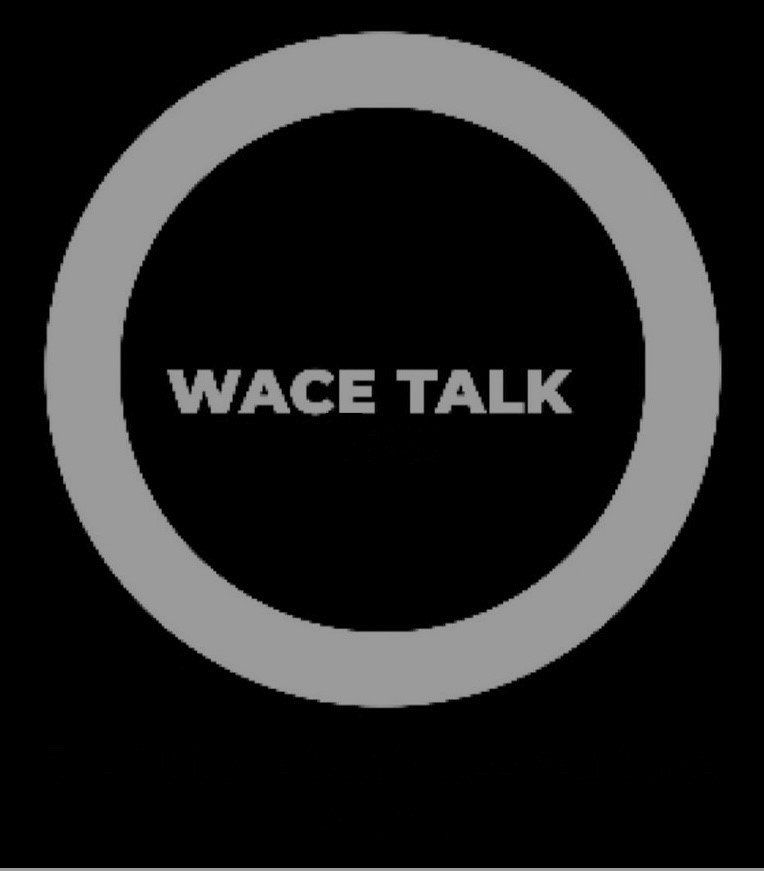Blockchain Effects on Financial Services & Retail Banking
Blockchain, a shared and immutable ledger can completely revolutionize the financial sector. Bringing down operational costs; faster executions of contracts and transactions; increased and irrefutable data transparency; and operations auditability are just some of the benefits blockchain brings. Banks and other financial services institutions are taking notice, as they lose out on market share.
Effects on the Financial Services & the Retail Banking Sector
Previously, FinTech startups and major tech companies (Google Inc, Apple Inc, Samsung Electronics, etc.) were the only major players capturing market share from banks. Now, tamper-proof blockchain technology is giving banks a run for their money.
The financial services sector is full of intermediaries whose only purpose is aiding in creating trust between lenders and borrowers. The biggest intermediaries are banks that create trust in a centralized manner for people and businesses to conduct financial activities. Average consumers hold most of their money in savings and checking accounts at traditional banks. The money they hold in an account is visible as an “account balance.” However once consumers deposit money in a bank, most of the money is then loaned out by the bank via fractional reserve banking, and the bank uses that money to conduct other business activities and increase their own profit margins.
In fact, since the money is not held in the bank itself, many banks tend to fail and shut down during a bank run. A bank run is when too many consumers try to withdraw money from a bank, more money than is held by the bank to give out to people. In other words, a “bank balance” is simply just an accounting entry. Despite this the industry refuses to change, potentially causing harm to consumers. Blockchain is a mechanism where centralized trust isn't required, and using cryptography increases security, transparency, and accessibility; giving power back to the little guy.
Cryptocurrency: A New Form of Payment without a Central Authority
Banking fees, transaction costs, account maintenance costs and hidden charges eat into the average citizen's hard earned money. Financial operations with low transparency and limited traceability have caused recessions, wars, and instability in societies for generations. Blockchain applications have the power to act as a disruptor, remove the bad powerful actors and allow more people to participate in the consensus process.
Remittances
Cryptocurrency transactions only require an internet connection, and can take place instantaneously 24 hours a day, 365 days a year. These transactions are borderless, secure and anonymous. For all the people that travel to work and have to support their families abroad, it can be a headache using companies like Western Union (WU), Money Gram, Wise etc… since there are initial and ongoing fees associated with each transaction; not to mention waiting for the institution to process things during the work week.
Globalization has allowed people to travel internationally, but using and transferring their money has not been without issues. Even the simplest solution of having cash on hand has its dangers, like being robbed while traveling, not to mention customs and limits associated with taking money into different countries. Foreign transaction fees are too high when using debit and credit cards, and having money sent to you by your loved ones using wire companies like WU can take days to clear and settle and be extremely expensive.
International students relying on funds from their home countries know all too well of the high fees associated with money transfers. Using blockchain, students studying abroad can have their parents send them money for a fraction of the cost and not worry about hefty fees. People traveling abroad can access more of their money without carrying cash or worrying about safety and security.
The Bottom Line
Disruption takes time. People need time to accept new technologies and change the old ways of doing things. Use cases need to be tested or perfected before blockchain can be expected to revolutionize everyday people. It is yet to be seen to what extent banks and financial institutions will be affected by blockchain. Payments, clearing/settlements of funds, investable securities, loans, credit, international trade/purchases and transactions are all on the chopping block as blockchain aims to revolutionize each of these industries.
However, one thing is clear, people everywhere in the world will benefit, and bullying of the little guy will finally be in check thanks to blockchain.
join the newsletter
Thanks for joining us!
Please try again later.
Recent Posts

















